In 2021, US Commerce Secretary Gina Raimondo described the BIS as a “small but mighty” unit that is central to national security efforts. The BIS’s status has been increasingly enhanced, especially as the Biden administration considers tighter controls on AI chip exports to the world’s second-largest economy .
BIS is responsible for implementing the US export control regime, ensuring that defense and critical high-tech products do not end up in the hands of “unsuitable” companies or governments . The agency holds the power to decide who can or cannot access US technology, which directly affects corporate profits.
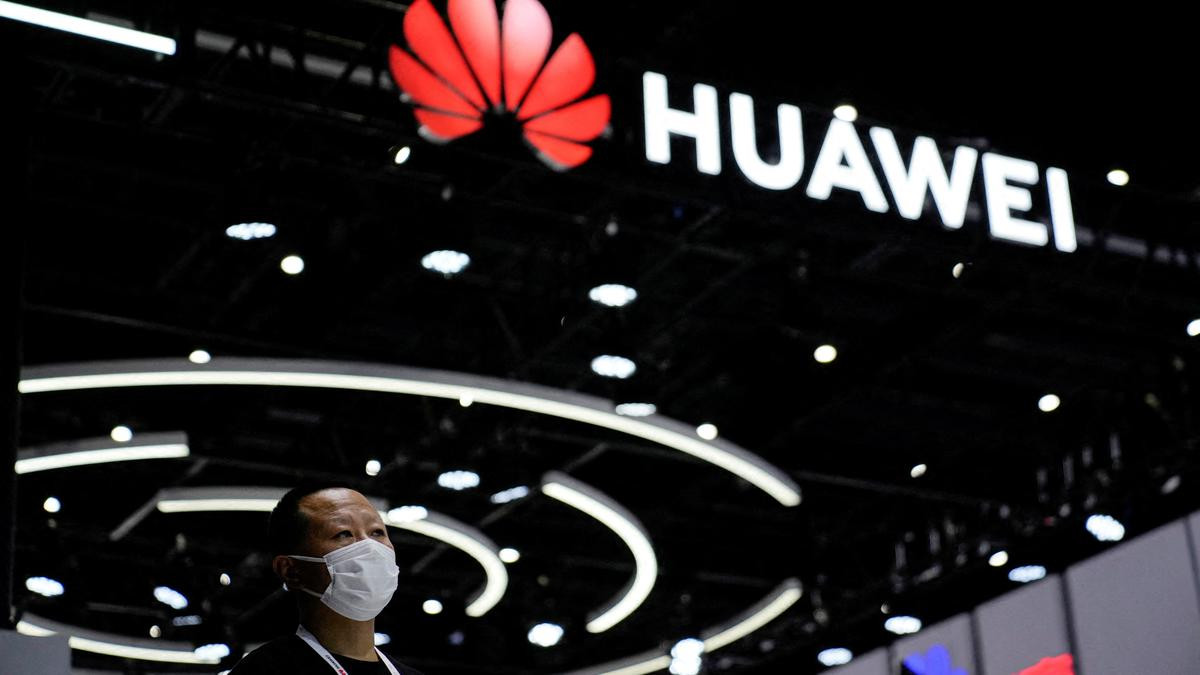
Chipmakers are among the hardest hit by the BIS restrictions, with the agency warning Nvidia in 2022 that it would need special export licenses for shipments of its A100 and H100 advanced AI chips to China.
The world’s largest chipmaker by market capitalization estimated in August 2022 that it had lost $400 million in potential sales in China as customers switched to its “alternative products.” A few months later, Nvidia launched a stripped-down version of its AI chip for the mainland market called the A800, with specifications that fell below the requirements for approval from the Ministry of Commerce.
However, the WSJ reported on June 28 that even these “low-end” products could be subject to export restrictions under the direction of the Biden administration, sending the company’s stock down 2%. The BIS declined to comment on the possibility of tightening controls.
Through the Trade Control List, BIS can determine which product specifications require a license to be sold abroad. The criteria are so specific that only certain items are available on the market.
While this category is not intended to exclude any vendor, with the exception of Nvidia and Micro Devices, there are very few companies developing advanced processors for AI modeling.
Therefore, if an export restriction is implemented, these companies will be responsible for ensuring that their high-tech products do not appear in the Chinese market.
Not stopping there, BIS also targeted hard drive manufacturer Seagate when the company continued to supply products to Huawei, even though the Chinese technology giant had been blacklisted since 2020.
Seagate was fined more than $300 million for the conduct, but the financial consequences for the company were much greater, as it does an estimated $1.1 billion in business in the mainland.
(According to CNBC)
Source






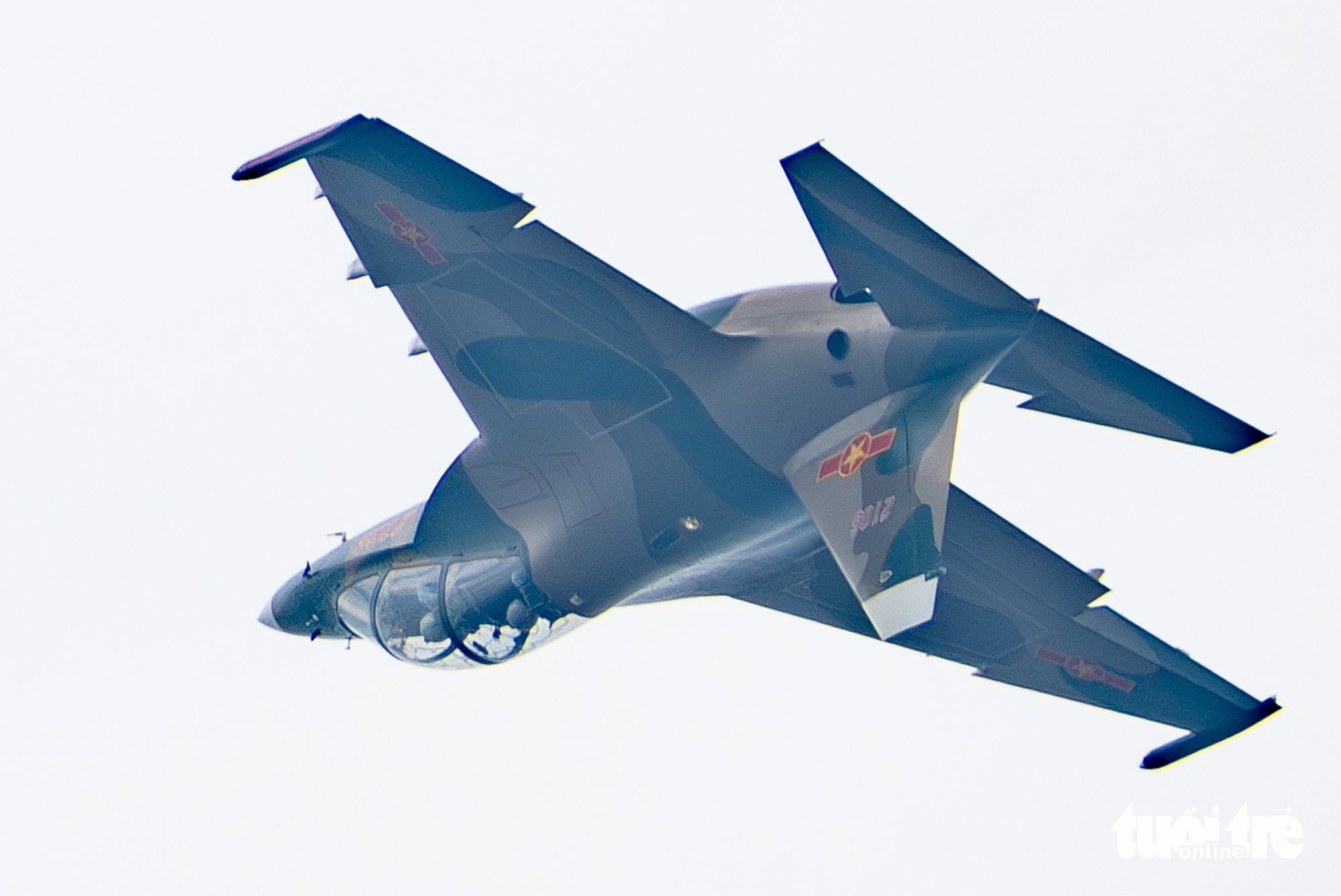


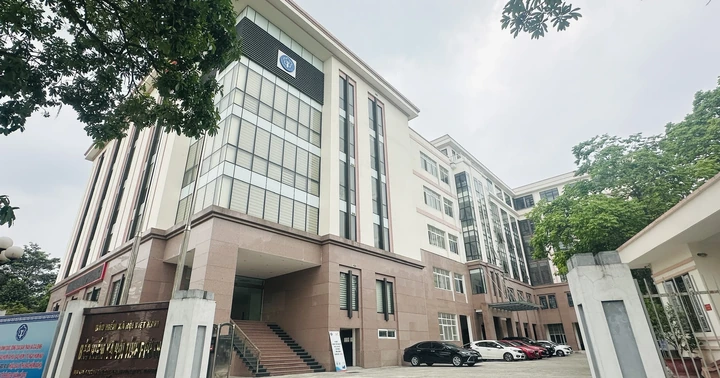













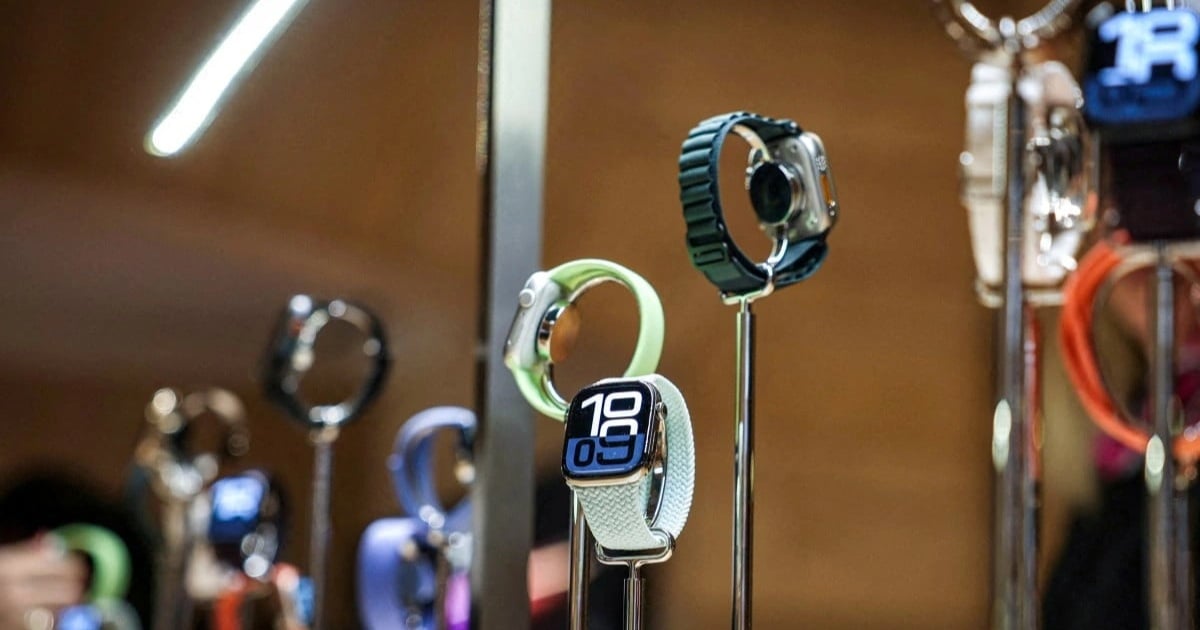












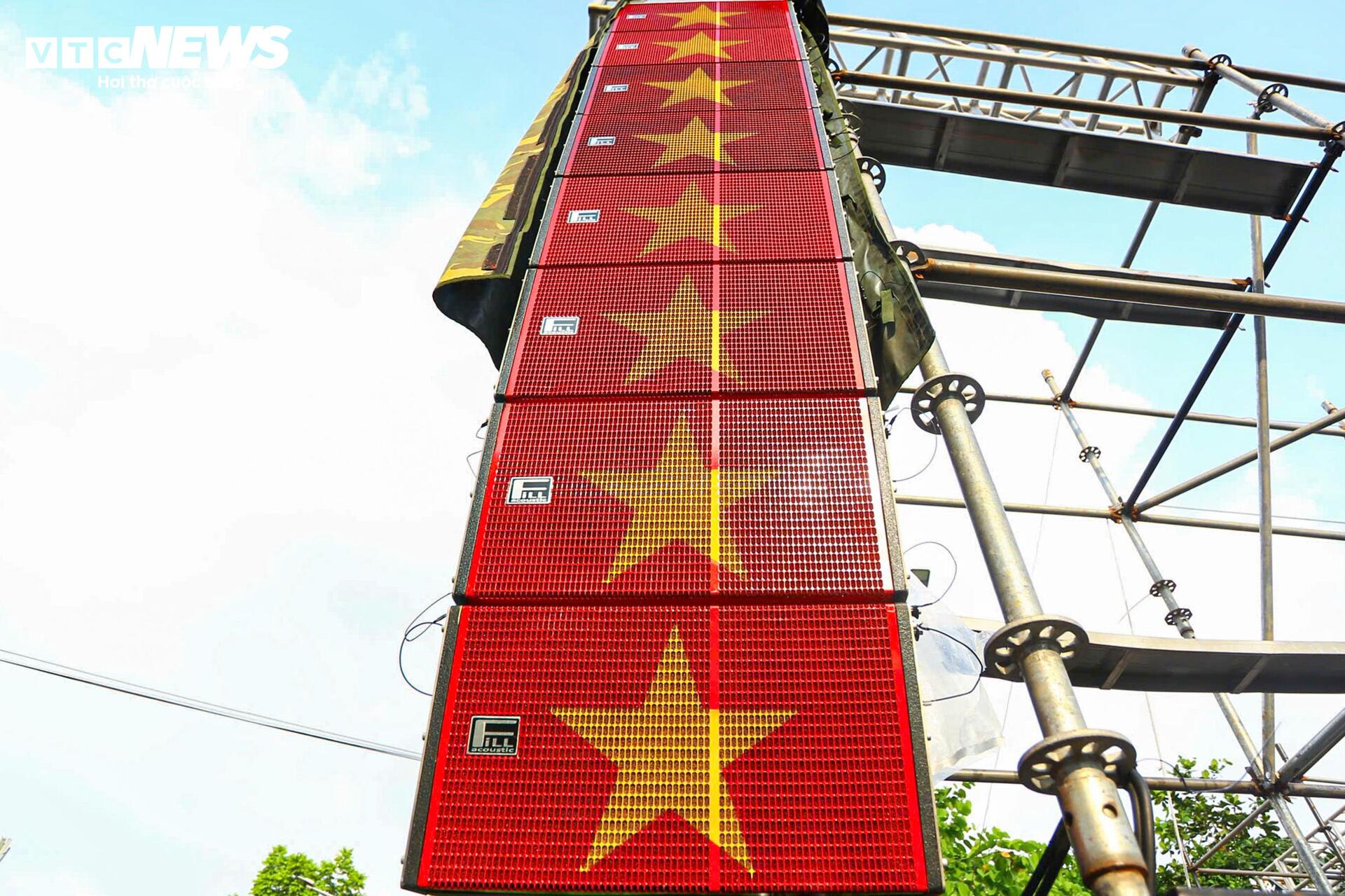
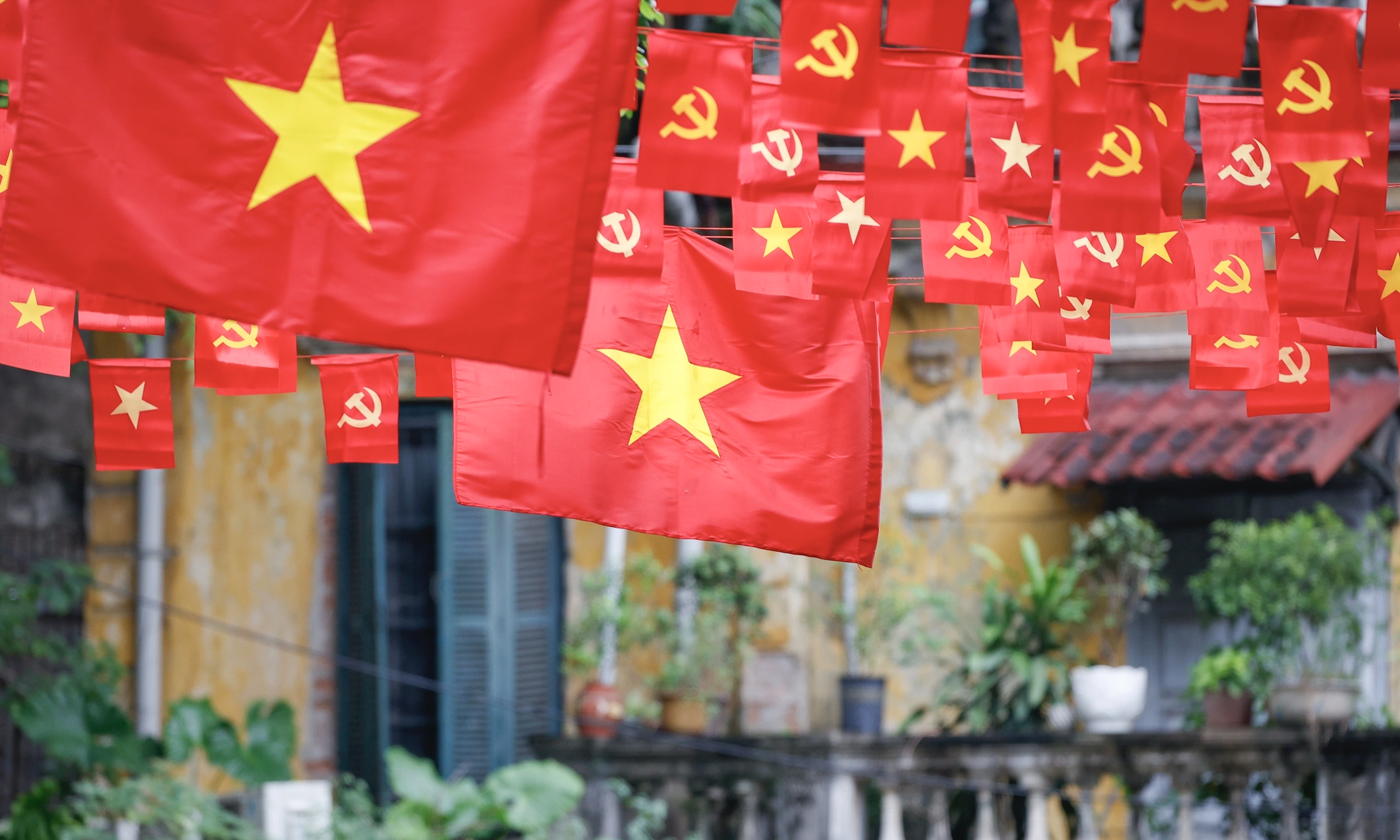














































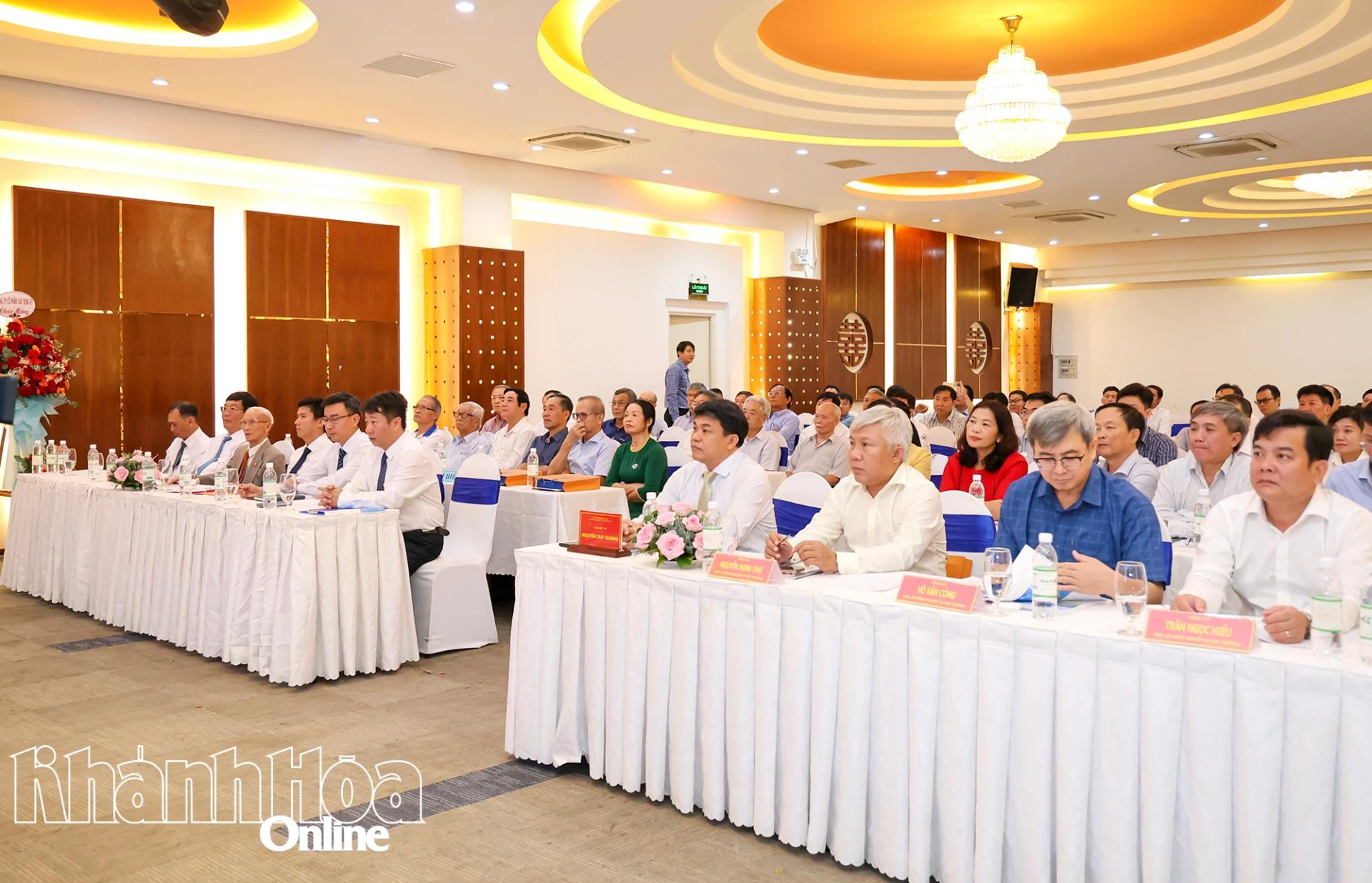






















Comment (0)